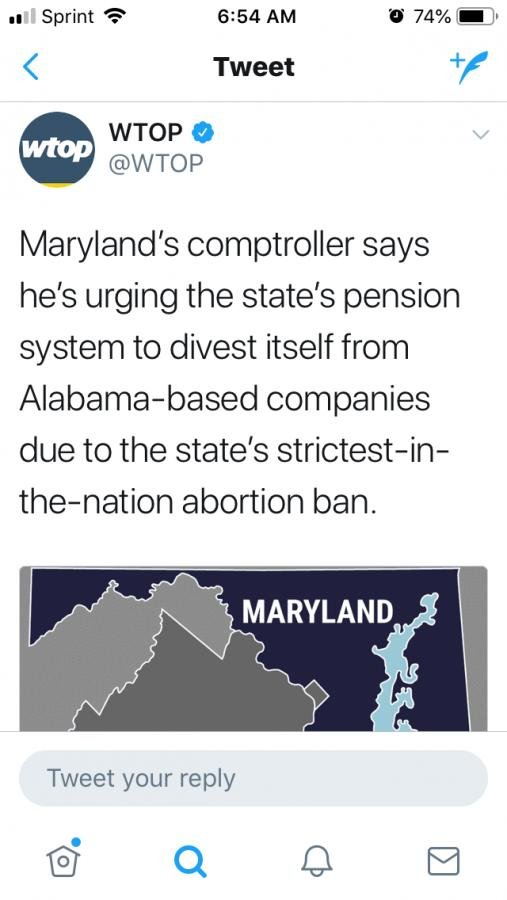- Feb 4, 2013
- 28,175
33% of your highest earned salary is a good deal, especially since SS is looking to be increasingly a joke. I've heard that you Fed works can keep their employee healthplan even after retirement.
All workers can keep their health plan upon retirement. COBRA makes that happen.
However, most workers have to pay the entire bill, both the part they have been paying, and the part the employer had been paying.
Fed workers, who are fully vested when they retire, can continue their health plan, and only pay the employee portion.
HUGE benefit.


